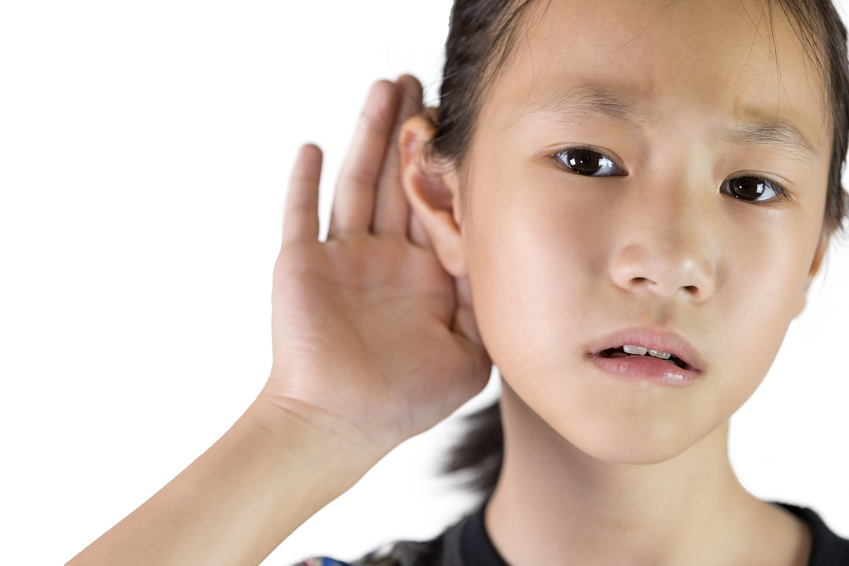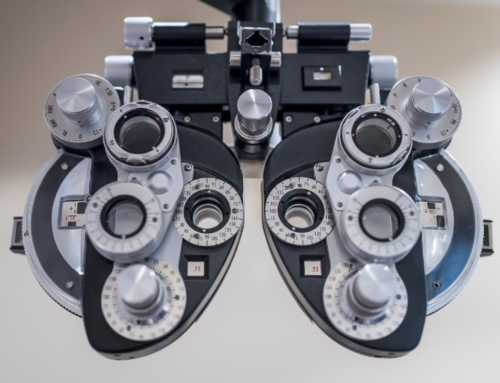While many people like to think hearing loss only occurs later on in life, it’s all too common in children too. Hearing loss can impact the way children go about life, which makes detection and attempt at treatment essential. There are varying causes of hearing loss in children and regular sensory screenings can be key to detecting hearing problems early on. So let’s take a closer look at causes of hearing loss and the importance of hearing screenings.
Causes of Hearing Loss in Children
In children, there are a few common causes of hearing loss. The two main types of hearing loss seen in kids are congenital and acquired. Congenital hearing loss is the type of hearing loss that children are born with. About two or three out of every 1,000 babies born in the U.S. have a detectable level of hearing loss. There are several factors that could cause hearing loss at birth, including:
- Premature birth
- Genetic factors
- A nervous system disorder
- Birth complications
- Infections during pregnancy
- Drug or alcohol abuse by mothers
In congenital hearing loss cases, level of hearing loss can vary from case to case. Early detection is key to having a chance at treating the hearing loss.
Acquired hearing loss is the type of hearing loss that occurs at any time throughout life. Some common causes of this type of hearing loss include:
- Ear infections
- Meningitis
- Noise exposure
- Head injury
- Chicken pox
- Influenza
- Mumps
Like congenital hearing loss, there are varying degrees of hearing loss in acquired hearing loss cases. Depending on the cause, acquired hearing loss may be easily treated.
Importance of Sensory Screening Assessments
In any case of hearing loss, hearing screenings at school and earlier in life are essential in detecting hearing problems. In school-age children, parents, teachers, and other school staff should be aware of common signs of hearing loss, like difficulty understanding what people are saying, lack of reply when they’re being spoken to, and speech or language delays. Regular sensory screening assessments can help detect potential problems. Vision and hearing screenings will test children in school and if the results show potential problems, the children’s parents and doctors can be notified so they can act appropriately.
As you can see, sensory screenings at school play an integral role in detecting hearing loss. So if you’re a parent, make sure your child is getting the appropriate hearing and vision screenings so potential problems can be detected as early as possible.






